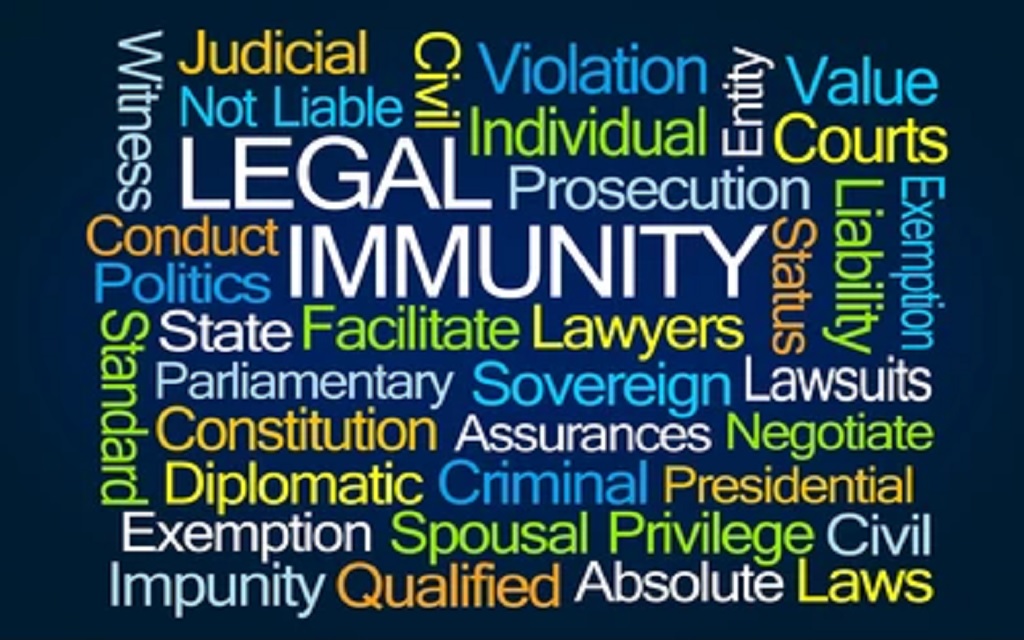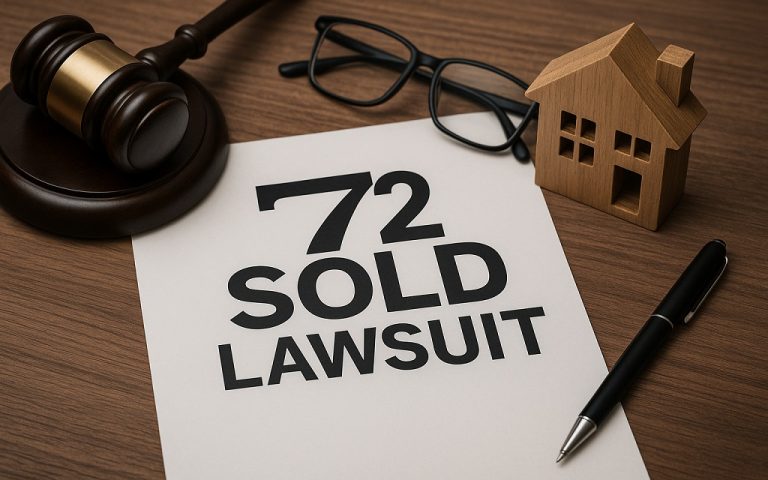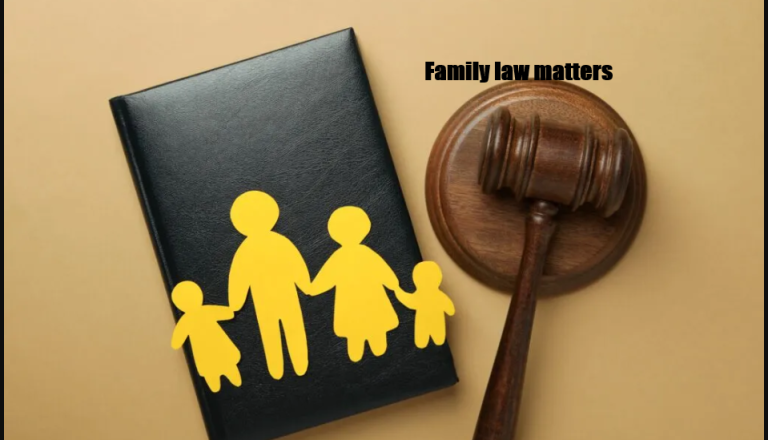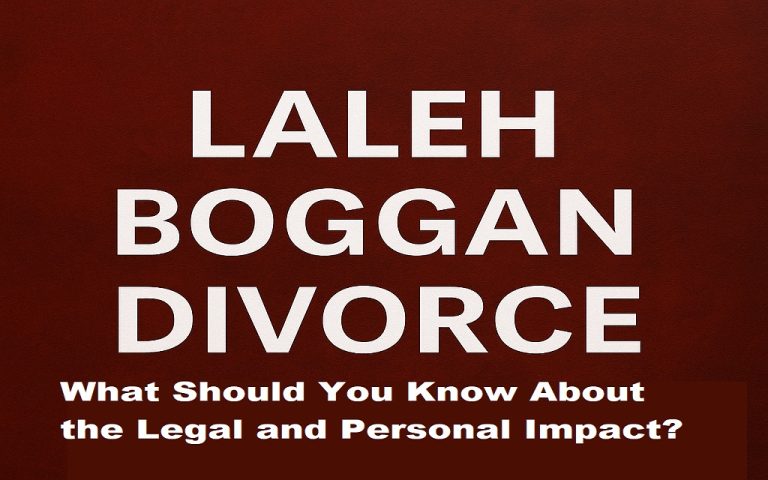Legal immunity is an umbrella for different doctrines. Some block civil damages, some block criminal cases, and many are limited to specific roles or functions. Below, we break down the major types, their limits, and what changed after the Supreme Court’s 2024 presidential-immunity ruling. This is general information, not legal advice.
Legal immunity protects people and organizations working in fields with significant legal risks. Immunity can protect government officials, healthcare professionals, corporate leaders, and law enforcement officers from criminal prosecution or civil liability while performing their duties. But what exactly does this immunity entail, and how can one utilize it to avoid legal issues? This article covers the many types of this immunity, when they apply, and how to stay safe while maintaining compliance.
What is Legal Immunity?
Even when an act would otherwise be criminal, this immunity shields individuals or groups from legal responsibility. In some situations, immunity can be invoked to escape culpability or prosecution in criminal and civil cases.
Different Types of This Immunity
- Absolute Immunity – Offers total defense against legal action or prosecution, regardless of purpose. Frequently given to lawmakers, judges, and prosecutors in recognition of their professional duties.
- Qualified Immunity – Qualified immunity protects public servants (such as law enforcement) from legal action unless they infringe against “clearly established” constitutional rights.
- Sovereign Immunity – Shields governmental bodies from lawsuits without their permission.
- Diplomatic Immunity – are protected from prosecution under the laws of their host nation by diplomatic immunity.
- Corporate & Executive Immunity – Protects company executives from being held personally responsible for company decisions as long as they stay within the law.
Comparison table
| Type | What it protects | Applies to | Notable limits / cases |
|---|---|---|---|
| Qualified | Civil damages only | Gov’t officials (e.g., police) | No shield for criminal charges; only if no “clearly established” right was violated. |
| Absolute (judicial/legislative) | Civil liability for judicial or legislative acts | Judges/legislators | Must be a judicial or legislative act. |
| Absolute/qualified (prosecutors) | Civil liability for advocative acts only | Prosecutors | No absolute immunity for investigative/witness functions. |
| Sovereign | Suits against governments | U.S./States | Waivers (e.g., FTCA); Ex parte Young allows prospective relief vs. officials. |
| Diplomatic | Local jurisdiction | Accredited diplomats | Scope varies; can be waived by sending state. |
| Presidential (2024) | Criminal prosecution for official acts | Former/sitting Presidents | None for unofficial acts; disputes continue in lower courts. |
Why Does This Immunity Exist?
The idea behind this immunity is to allow individuals in specific roles to perform their duties without the constant fear of legal consequences. For example:
- Judges need immunity to make unbiased decisions without fear of being sued by unhappy parties.
- Government officials require protection to enforce laws without personal legal risk.
- Medical professionals may receive immunity when responding to emergencies, preventing hesitation in life-or-death situations.
However, this immunity is not absolute—it has limitations, and in many cases, it can be challenged.
How It Protects Against Criminal & Civil Liability
If requirements are fulfilled, they can be used as a legal defense for people and organizations under investigation. This is how it functions in various situations:
1. Protection from Criminal Prosecution
- Scenario: A law enforcement official employs force following the law while making an arrest.
- Legal Protection: Until excessive force is demonstrated, qualified immunity may shield a person from prosecution.
- Scenario: During a congressional hearing, a lawmaker says something slanderous.
- Legal Protection: Lawmakers are shielded from lawsuits for defamation for official actions by absolute immunity.
2. Protection from Civil Liability
- Scenario: A corporate CEO follows company policy but is sued for financial losses.
Legal Protection: Corporate immunity can shield executives if actions align with fiduciary duty. - Scenario: A government agency enforces a controversial policy resulting in financial harm.
Legal Protection: Sovereign immunity may prevent lawsuits unless waived by the government.
Limitations & Challenges
While this immunity offers strong protections, it is not absolute. Courts can override immunity in cases of:
- Intentional misconduct or fraud (e.g., corruption, bribery).
- Violation of constitutional rights (e.g., unlawful search and seizure).
- Waived immunity through contracts or legal agreements.
How to Leverage This Immunity Effectively
- Understand the Scope of Your Immunity – Know whether you have absolute, qualified, or limited immunity.
- Act Within Legal Boundaries – Immunity only applies if actions are lawful and within authority.
- Ensure Compliance & Documentation – Keep detailed records proving adherence to policies and legal guidelines.
- Seek Legal Counsel – Consult with attorneys to navigate complex immunity laws and avoid unintended liabilities.
Final Thoughts
It is an essential protection against criminal prosecution and civil liability but does not grant unlimited freedom. Understanding its limits, ensuring compliance, and acting in good faith can help individuals and entities operate safely within the law while minimizing legal risks.
Want expert insights on legal protection? Stay informed and consult a legal professional to ensure compliance!
Musarat Bano is a content writer for JudicialOcean.com who covers lawsuits, legal news, and general legal topics. Her work focuses on research-based, informational content developed from publicly available sources and is intended to support public awareness. She does not provide legal advice or professional legal services.




